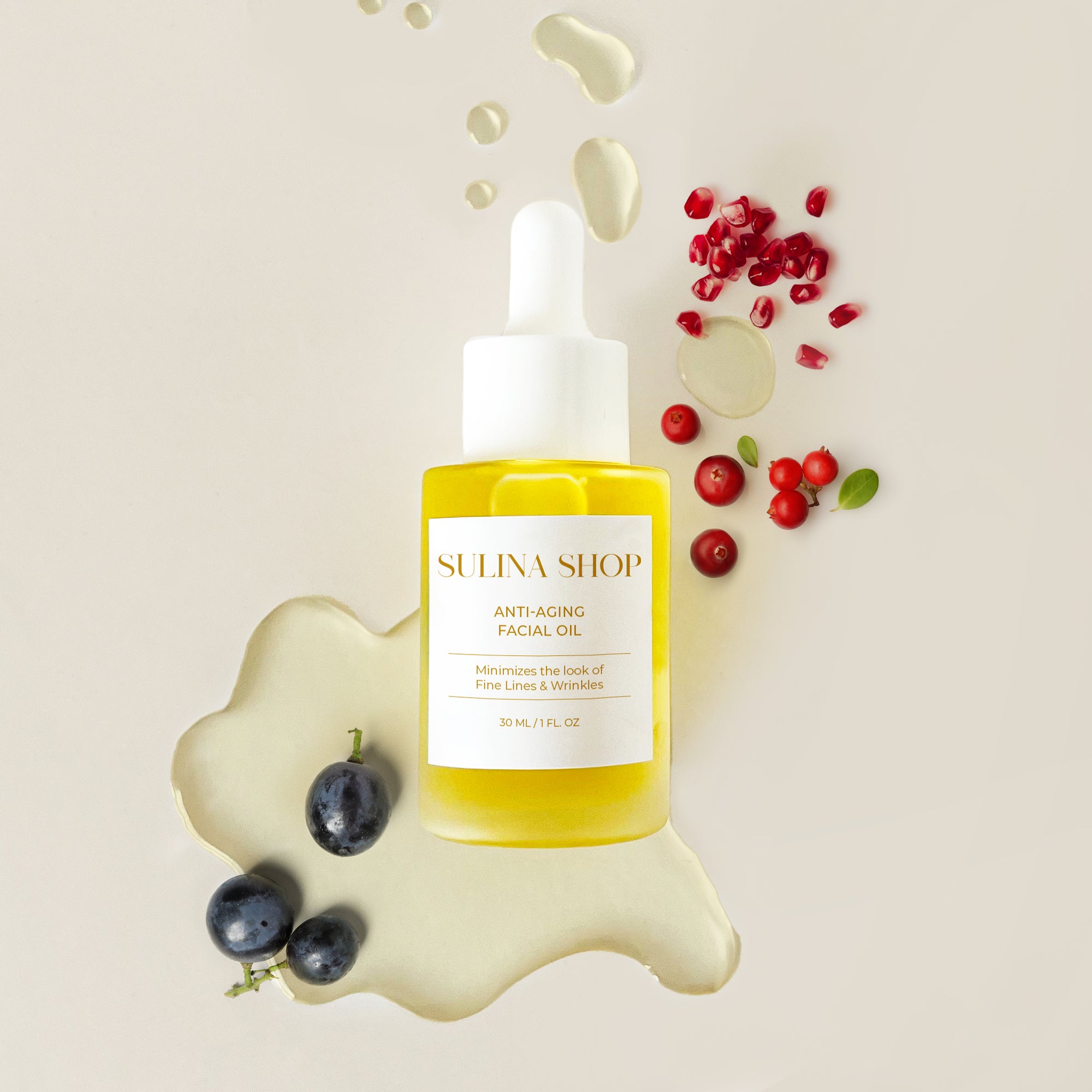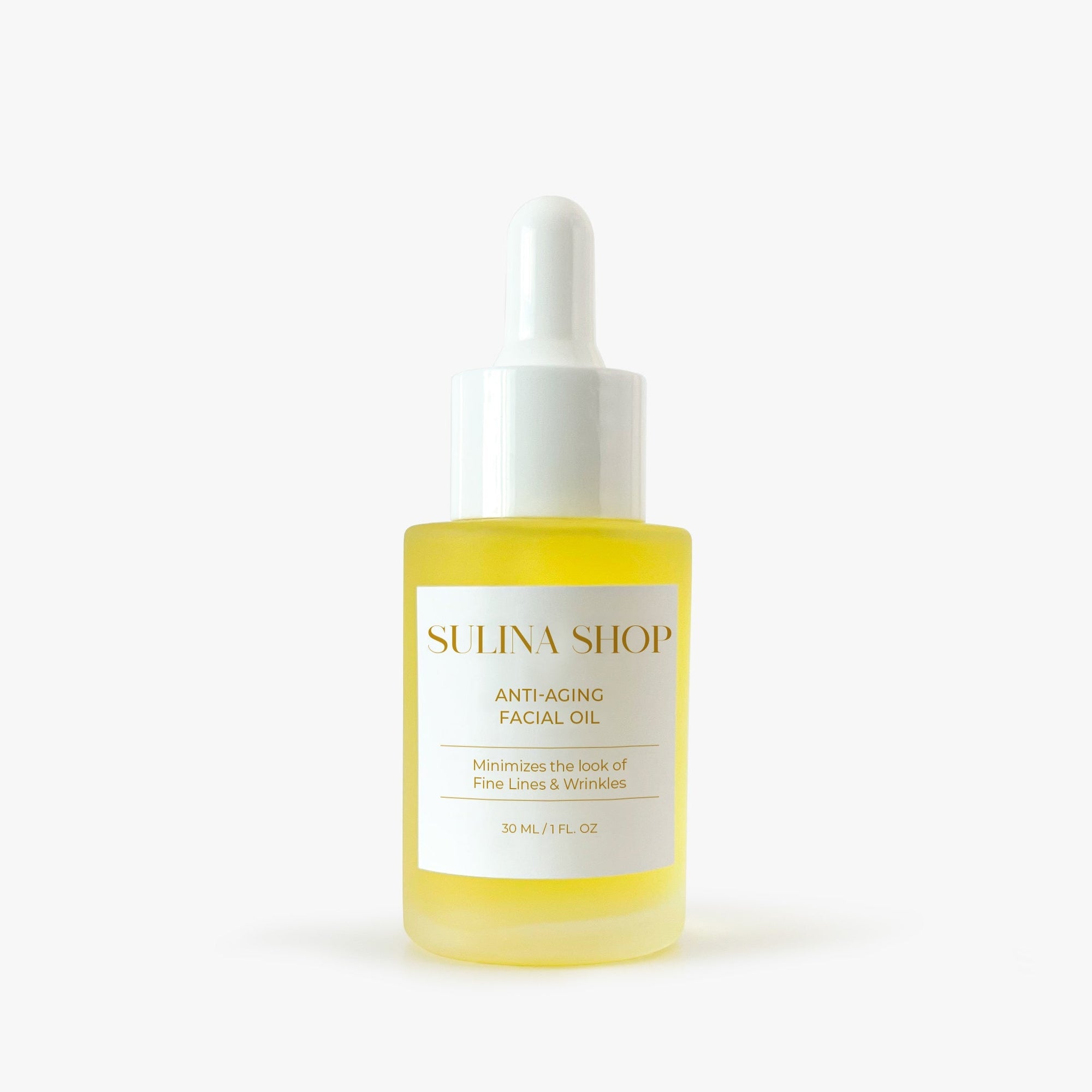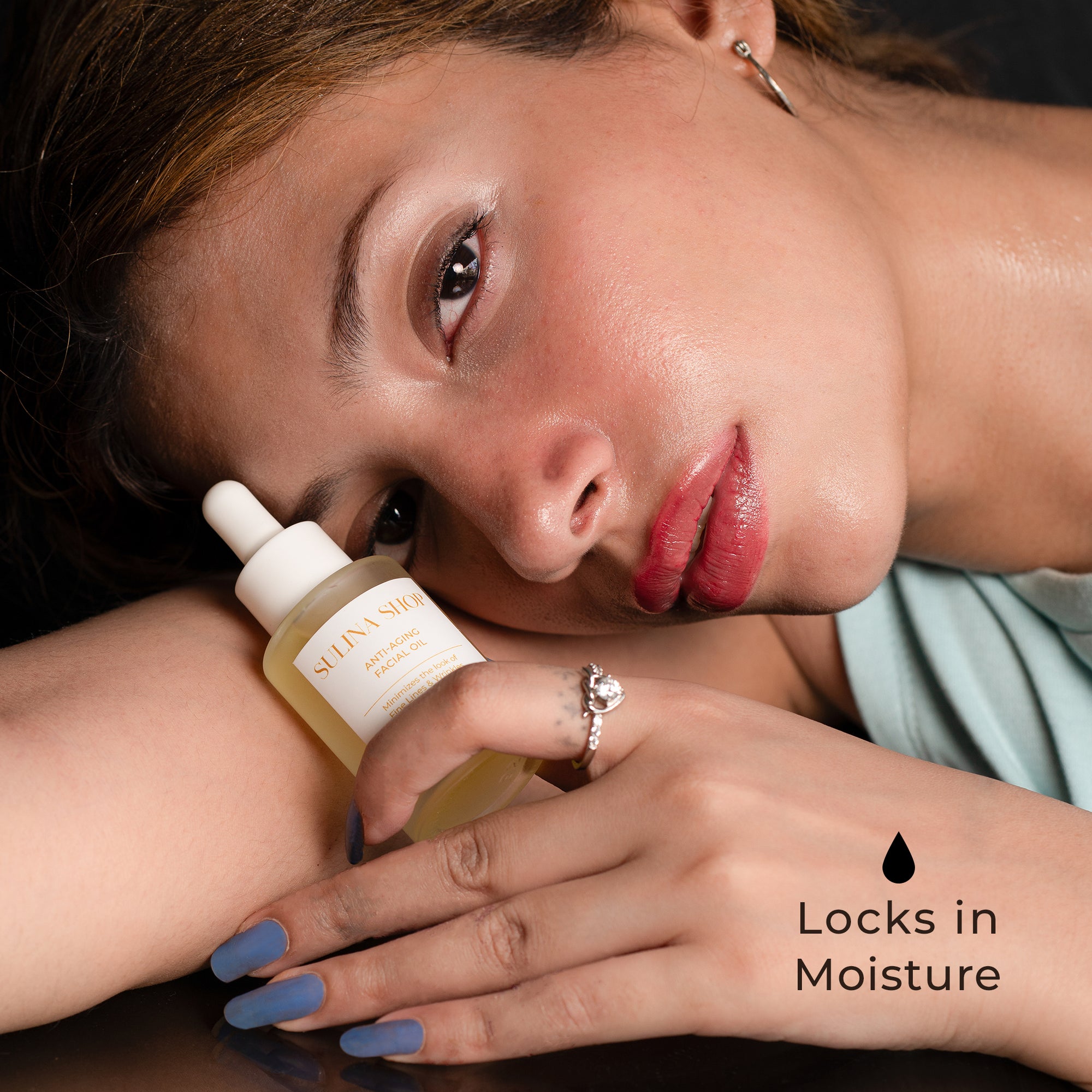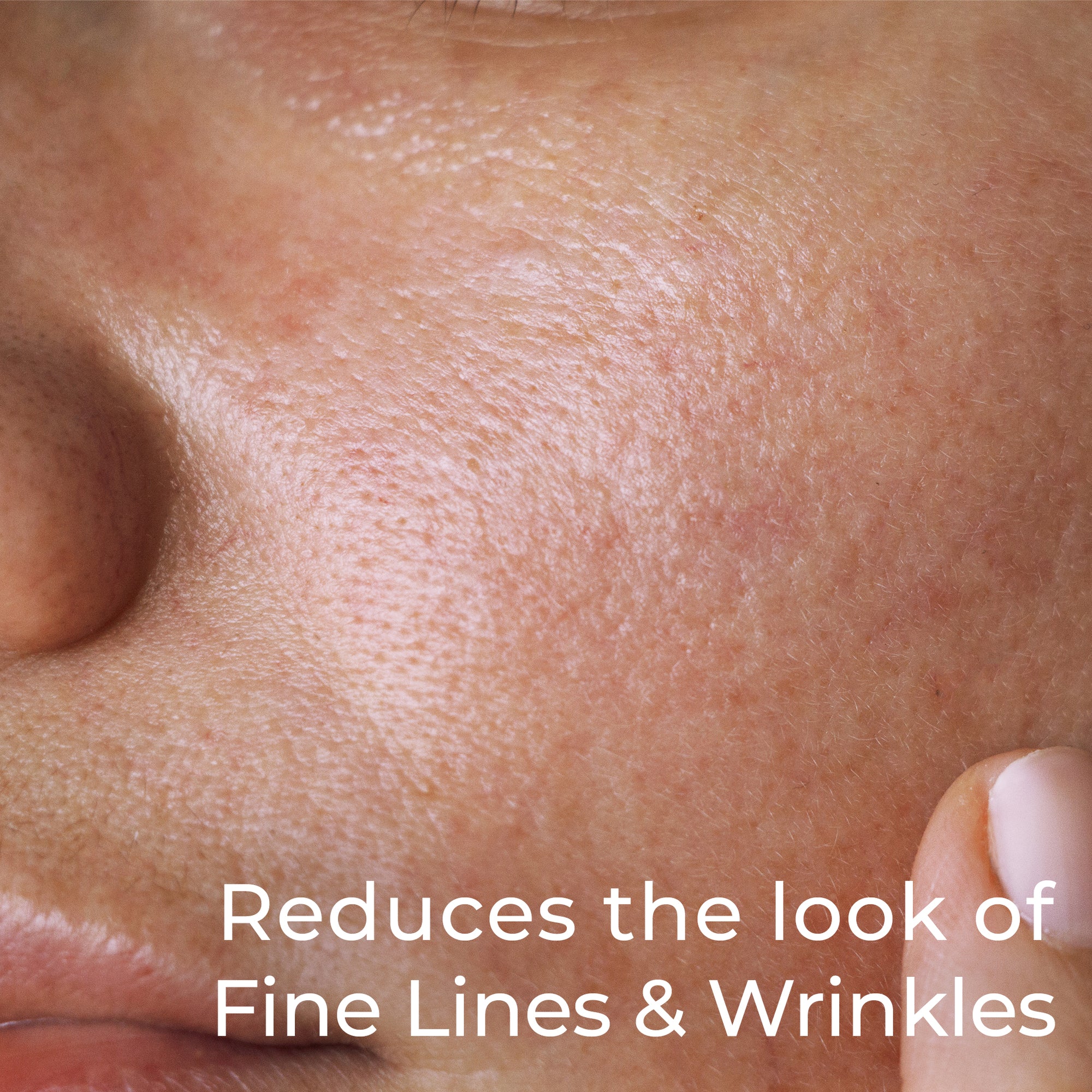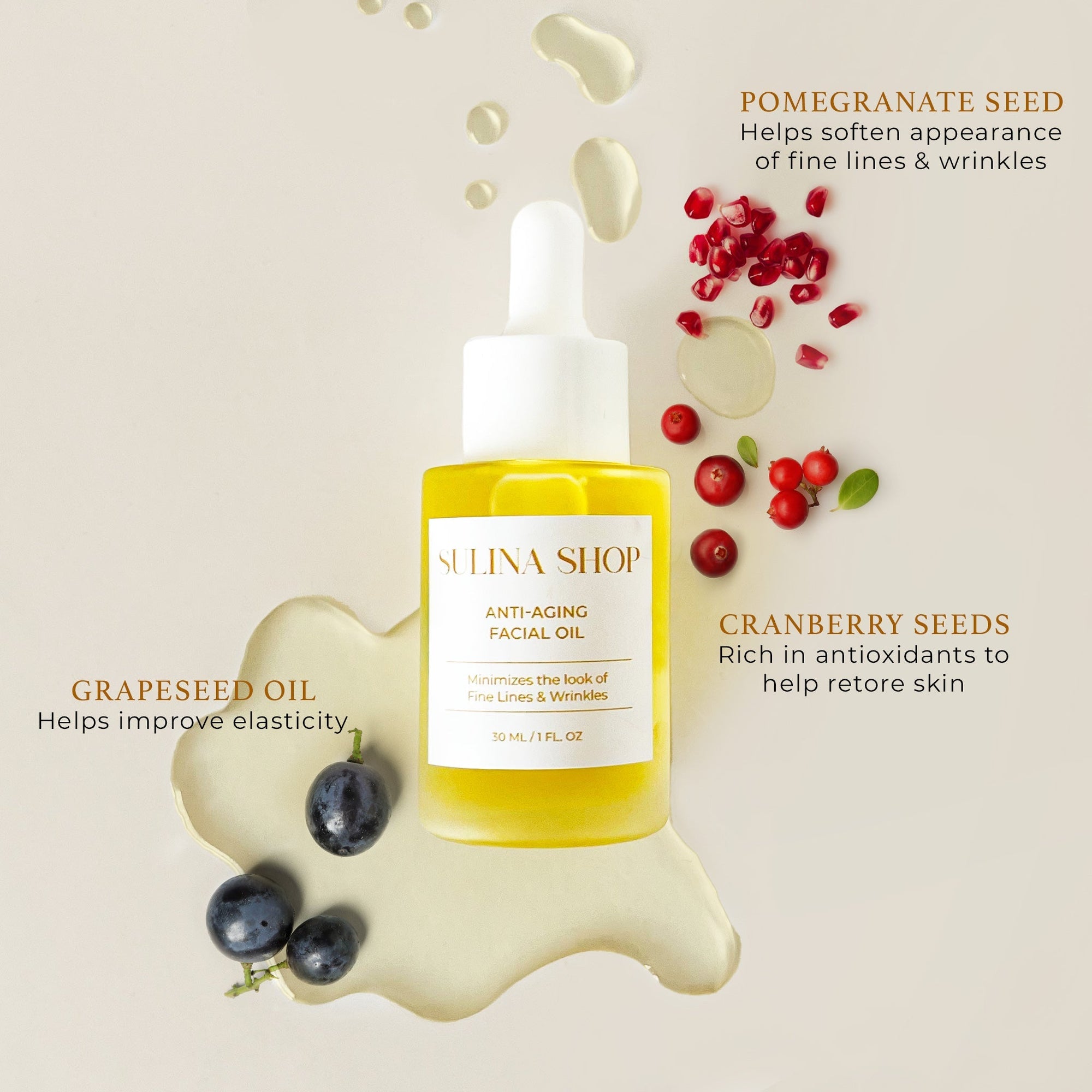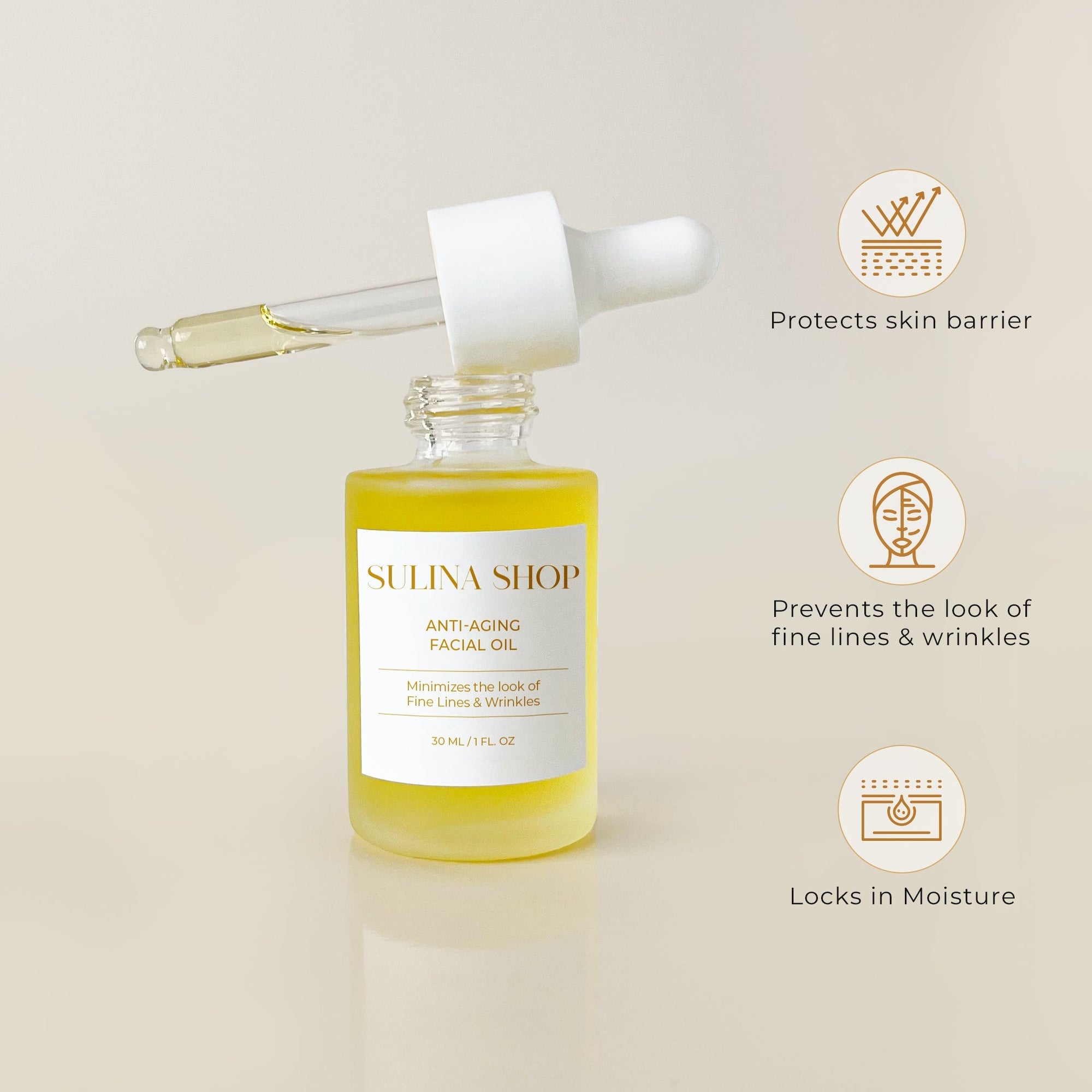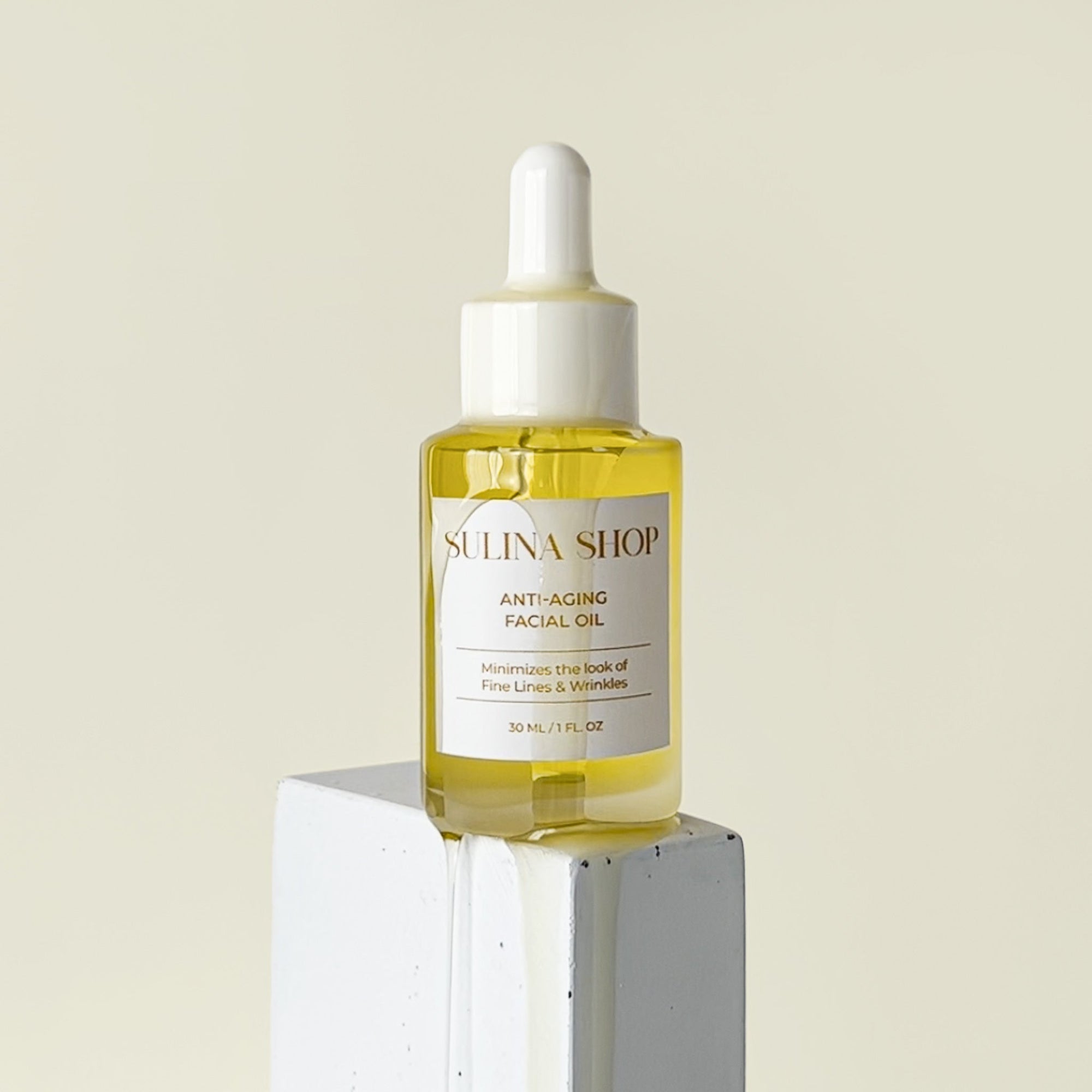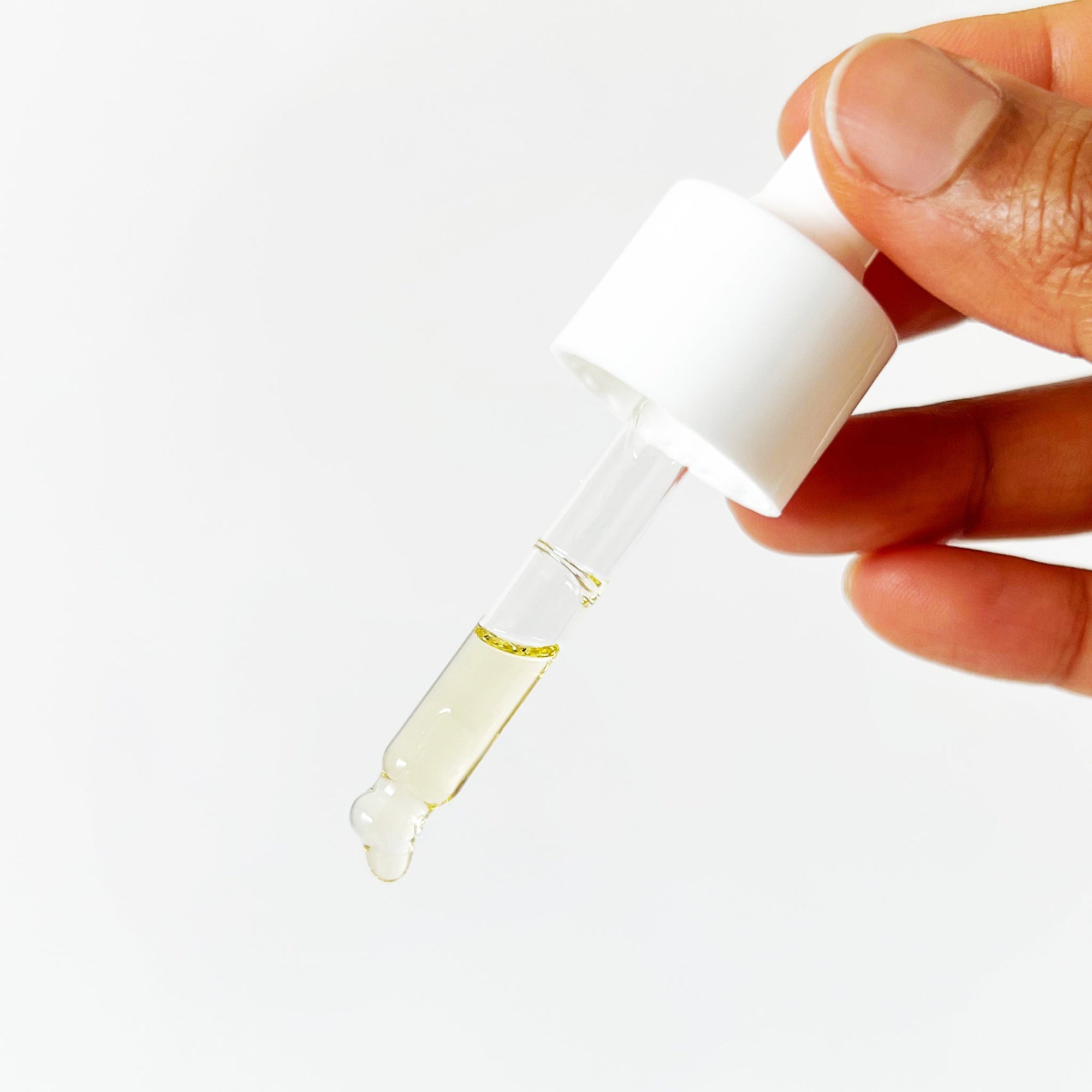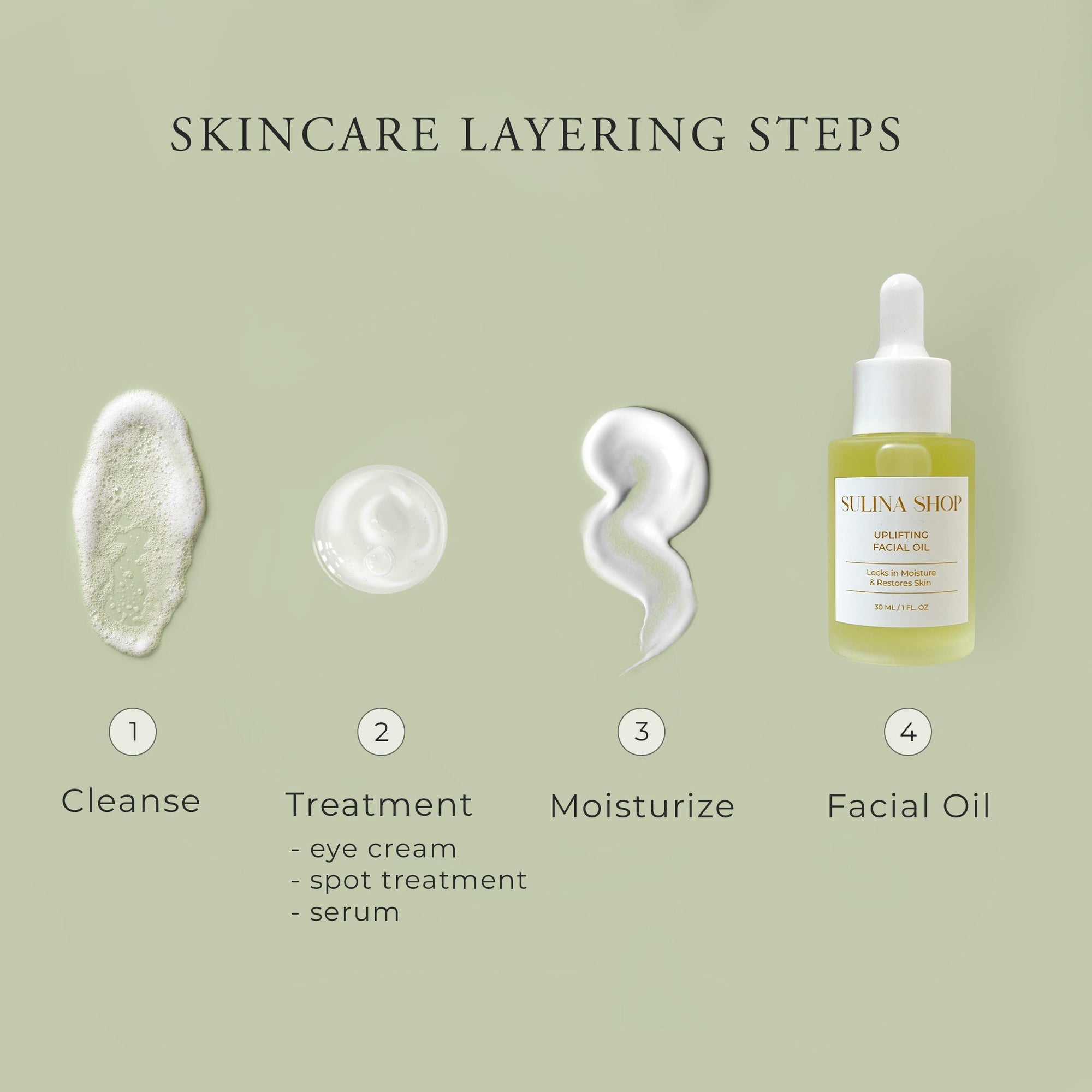
5 Natural Oils that Mimic Sebum for Healthy, Glowing Skin
The skin's natural sebum is essential for maintaining healthy and hydrated skin. However, sometimes our skin's sebum production can become imbalanced, resulting in dry or oily skin. Luckily, there are natural oils that mimic the skin's sebum, which can help to restore, balance, and promote healthy, glowing skin.
What are Sebum-Mimicking Oils?
Jojoba Oil
Jojoba oil is a popular natural oil that closely resembles the skin's natural sebum. It is lightweight, non-greasy, and easily absorbed by the skin. Jojoba oil is an excellent moisturizer and helps to regulate sebum production, making it ideal for oily, acne-prone skin. It also contains anti-inflammatory properties that can help to soothe irritated skin.
How to Use: Jojoba Oil can be used as a moisturizer or added to your favorite skincare products, and it can also be used as a makeup remover.
Squalane Oil
Squalane oil is a lightweight, non-greasy oil that is easily absorbed by the skin. It is an excellent natural moisturizer that closely resembles the skin's sebum, making it ideal for all skin types. Squalane oil is also high in antioxidants, which can help to protect the skin from environmental damage.
How to Use: Squalane oil is gentle enough to use on the delicate skin around your eyes and can also be used as a hair oil. It can be used as a stand-alone moisturizer or added to your favorite skincare products. When using Squalane Oil in your skincare routine, apply it after cleansing and toning, then follow up with a moisturizer.
Argan Oil
Argan oil is rich in essential fatty acids, which help to nourish and hydrate the skin. It is also high in antioxidants and vitamin E, making it an excellent natural oil for promoting healthy skin. Argan oil closely resembles the skin's sebum, making it an effective moisturizer that helps to regulate sebum production.
How to Use: Argan oil can be used as a moisturizer on its own or added to your favorite skincare products, and it can also be used as a hair oil or scalp treatment.
Rosehip Oil
Rosehip oil is high in vitamins A and C, which are essential for healthy skin. It is also rich in essential fatty acids, making it an effective natural oil for hydrating and healing the skin. Rosehip oil closely resembles the skin's sebum, making it an excellent natural oil for restoring balance to the skin.
How to Use: Rosehip oil can be used as a spot treatment oil for scars, stretch marks, and hyperpigmentation. It makes a great moisturizer on its own or can be added to your favorite skincare products.
Grapeseed Oil
Grapeseed oil is a lightweight and easily absorbed oil rich in antioxidants. It is ideal for oily and acne-prone skin, as it helps to regulate sebum production. Grapeseed oil is an excellent natural oil for promoting healthy skin, as it is high in linoleic acid, which helps to nourish and hydrate the skin.
How to Use: Grapeseed oil can be used as a carrier oil for essential oils. It makes a great standalone moisturizer and can be added to your favorite skincare products.
To use these oils, simply apply a small amount to your skin and massage gently until it is fully absorbed. You can also mix a few drops of the oil with your favorite moisturizer or serum for added hydration. It's important to patch-test any new product before using it on your face, especially if you have sensitive skin or allergies.
Natural oils that mimic the skin's sebum can be incredibly beneficial for restoring balance to the skin and promoting healthy, glowing skin. Whether you have dry, oily, or combination skin, incorporating these natural oils into your skincare routine can help to nourish and hydrate your skin, leaving you with a healthy and radiant complexion.
Bestselling Facial Oil That Works Like Your Skin’s Own Oils
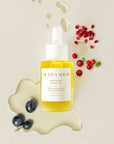
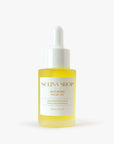

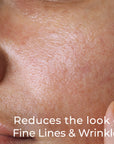
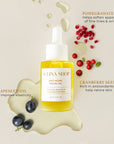
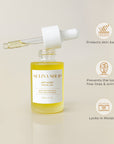
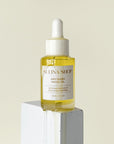

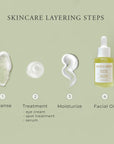

WHAT IT DOES: Protects skin barrier, locks in moisture, reduces the look of fine lines and wrinkles, softens and smooths skin texture, Improves elasticity
SKIN TYPE: Normal, Combination, Dry, Dehydrated
WHEN: Morning and Night
HOW: After Moisturizing
Our Anti-Aging Facial Oil is formulated with powerful antioxidants to help reduce the appearance of fine lines and wrinkles, promoting a more youthful complexion. It's Packed with a rich blend of vitamins and nutrients to nourish and improve the skin's elasticity, resulting in a softer and smoother texture. The lightweight formula is designed to help regulate oil production, restoring balance and revealing a radiant, supple complexion. By penetrating deep into the skin's layers, it restores and replenishes natural moisture, ensuring optimal hydration.

This content type will accept rich text to help with adding styles and links to additional pages or content. Use this to add supplementary information to help your buyers.
You can use product metafields to assign content to this tab that is unique to an individual product. Use tabs to highlight unique features, sizing information, or other sales information.
